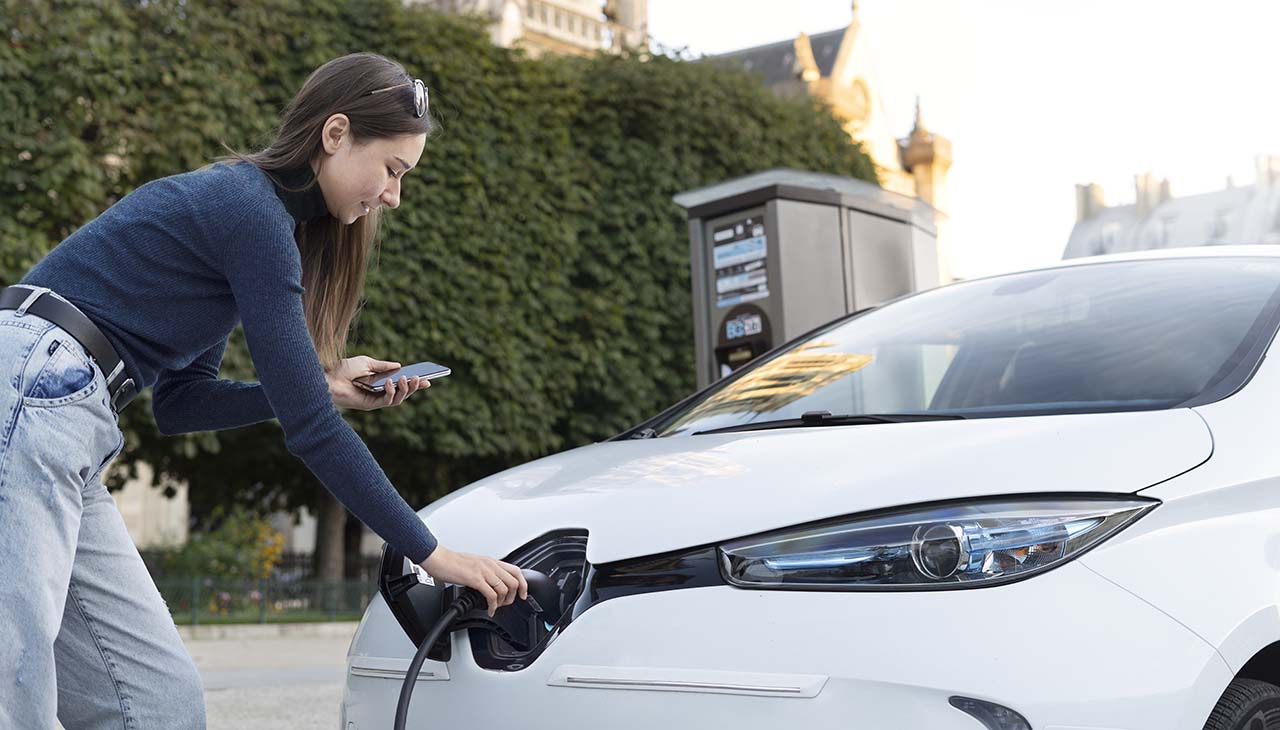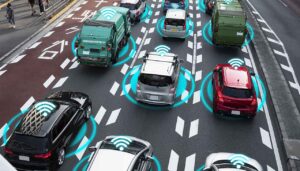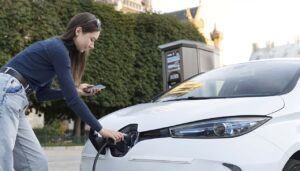
When deciding between an electric car and a gasoline car, consumers are faced with a variety of factors to consider that go beyond just the initial purchase price. The decision encompasses environmental impact, operational costs, performance, and the availability of refueling or charging infrastructure. This introduction aims to set the stage for a detailed comparison between electric and gasoline vehicles, highlighting key areas such as energy efficiency, cost-effectiveness, and sustainability. By understanding these core differences, potential buyers can make an informed decision that aligns with their values, budget, and lifestyle needs.
Environmental Impact
Carbon Emissions Comparison
A significant difference between electric cars and gasoline cars lies in their carbon emissions. Electric cars are often celebrated for their zero tailpipe emissions, making them a cleaner alternative on the roads. This advantage is particularly impactful in urban areas, where air quality can be a major concern. However, it’s important to consider the source of the electricity used to charge electric vehicles (EVs). In regions where the energy mix is heavily reliant on fossil fuels, the overall environmental benefit might be reduced. Conversely, gasoline cars burn fossil fuels directly, releasing carbon dioxide and other harmful pollutants into the atmosphere, contributing to climate change and worsening air quality.
Sustainability and Cleaner Transportation
The push for cleaner transportation options is driven by the urgent need to address climate change and improve air quality worldwide. Electric vehicles, with their lower operational emissions, are a key component of this transition. The sustainability of electric cars is further enhanced when charged from renewable energy sources, making them an integral part of the move towards a more sustainable future. Governments and private sectors are investing in the expansion of EV charging infrastructure and encouraging the development of renewable energy, laying the groundwork for a cleaner, more sustainable transportation ecosystem. This shift not only benefits the environment but also aligns with growing consumer demand for greener, more eco-friendly transportation solutions.
Cost Considerations
Upfront Costs
The initial purchase price of electric vehicles (EVs) can be higher than that of their gasoline counterparts. This is partly due to the advanced technology and the cost of the lithium-ion batteries used in EVs. However, the gap in upfront costs is gradually decreasing with technological advancements and increased production scales. Gasoline cars, on the other hand, are generally less expensive at the point of purchase but do not benefit from many of the incentives available to EV buyers.
Long-term Cost Savings
When considering the total cost of ownership, electric cars often emerge as more cost-effective in the long run. This is attributed to lower fuel costs, as electricity is cheaper than gasoline in many regions. Additionally, EVs require less maintenance than gasoline cars because they have fewer moving parts and do not need oil changes, transmission fluid changes, or exhaust system repairs. Tax incentives, rebates, and other governmental policies also play a significant role in reducing the effective cost of EVs for the consumer. These long-term savings can significantly offset the higher initial investment in an electric vehicle, making them a financially savvy choice over time.
Performance and Driving Experience
Acceleration and Speed
Electric vehicles (EVs) are renowned for their rapid acceleration and smooth power delivery, thanks to the instant torque available from their electric motors. This contrasts with gasoline cars, which typically require higher revolutions per minute (RPMs) to reach peak torque and power, leading to a slight delay in acceleration. In terms of top speed, high-performance models of both electric and gasoline vehicles can achieve impressive speeds, but it’s the acceleration where electric cars often have a clear edge.
Handling, Noise, and Overall Driving Experience
The driving experience of electric cars is markedly different from that of gasoline cars. EVs tend to have a lower center of gravity due to the placement of heavy batteries in the floor, which improves handling and stability around corners. Furthermore, electric vehicles offer a quieter ride with minimal engine noise, providing a more serene driving environment. This lack of noise, however, means that manufacturers sometimes add artificial or synthesized sounds for pedestrian safety and to enhance the driving experience. Overall, electric cars provide a smooth, quiet, and responsive driving experience, catering to those who prioritize comfort and environmental sustainability.
Charging Infrastructure and Range Anxiety
Charging Infrastructure and Availability
The expansion of electric vehicle (EV) charging infrastructure is a critical factor in the widespread adoption of electric cars. In recent years, significant progress has been made in increasing the availability of public charging stations, including rapid chargers that can significantly reduce charging times. Many governments and private companies are investing heavily in further developing the EV charging network, with the aim of making it as convenient as refueling traditional gasoline cars. However, the density of charging stations can vary greatly by region, with urban areas typically offering more charging options than rural locations. Owners of electric cars also have the option of installing home charging stations, providing the convenience of charging overnight and starting each day with a full battery.
Range Anxiety and Practicality of Owning an Electric Car
Range anxiety, or the fear of running out of battery power before reaching a destination or a charging station, has been a significant concern for potential EV buyers. However, with advancements in battery technology and an expanding network of charging stations, the practicality of owning an electric car has greatly improved. Modern electric vehicles offer ranges that are sufficient for the daily needs of most drivers, with many models capable of traveling over 200 miles on a single charge. Coupled with planning tools and apps that help drivers locate nearby charging stations, managing range anxiety has become much easier. Additionally, for longer trips, the strategic placement of rapid charging stations along major routes allows for efficient and timely recharging breaks. These improvements are making electric cars an increasingly practical choice for a wide range of consumers, not just those with short commutes or as secondary vehicles.






